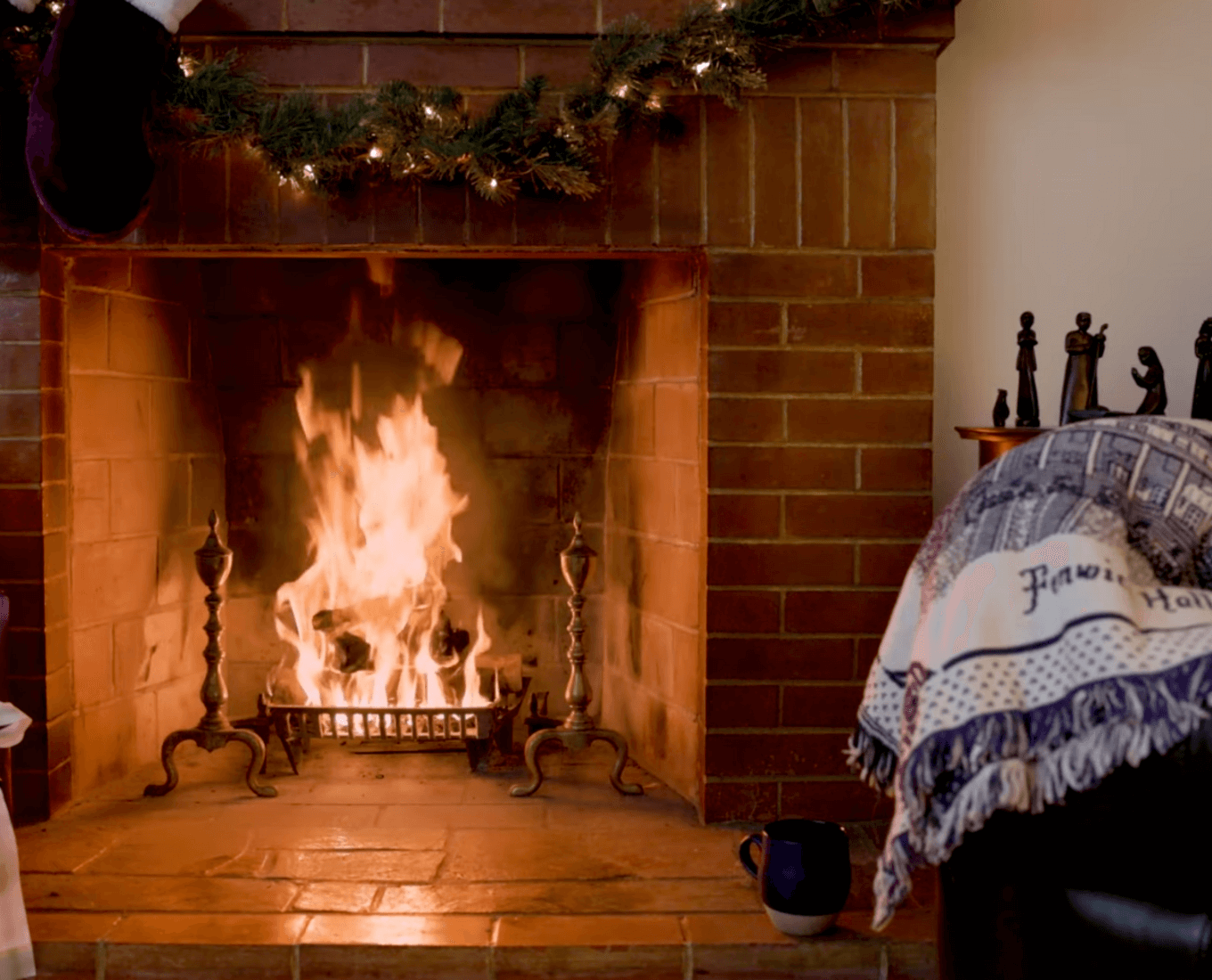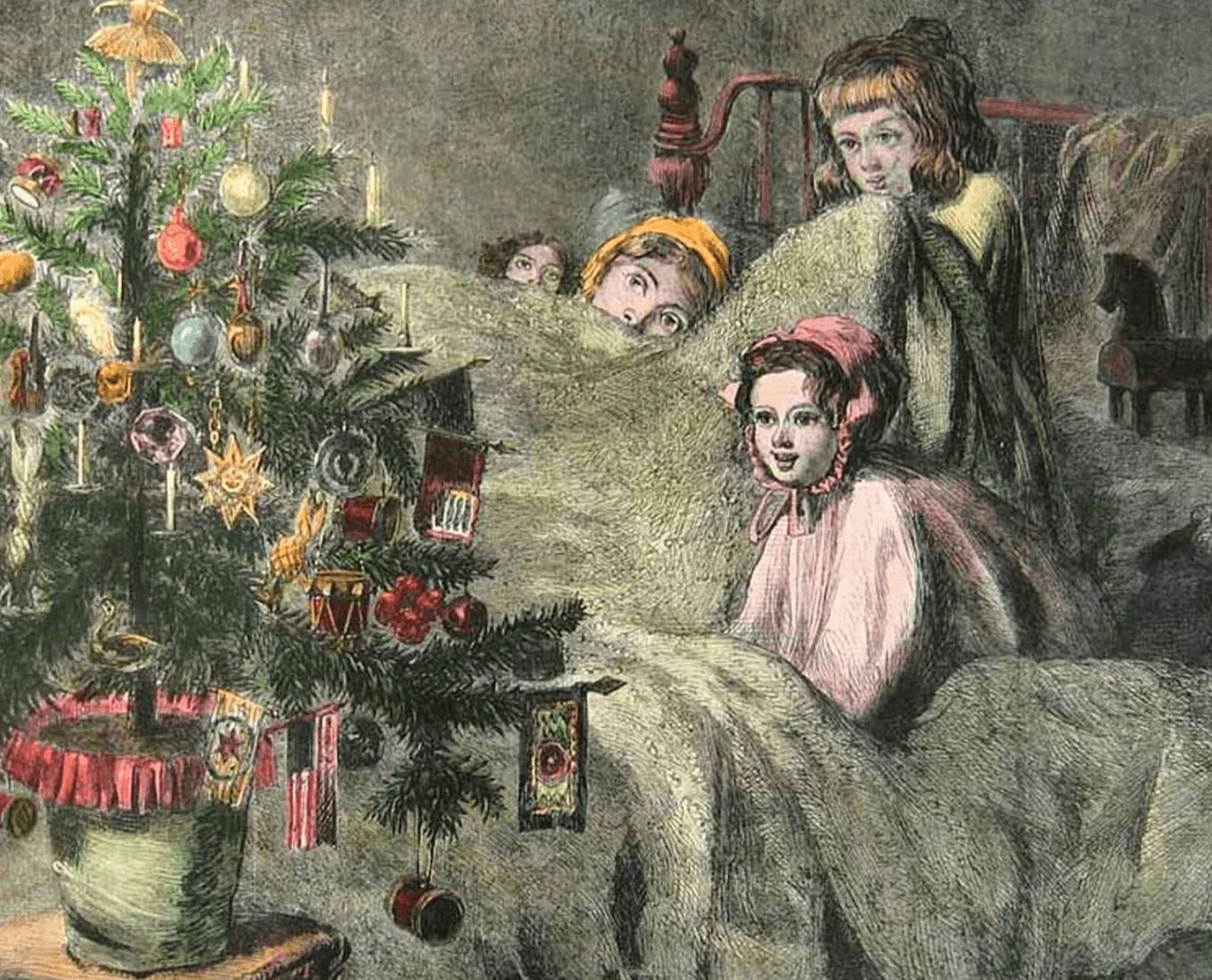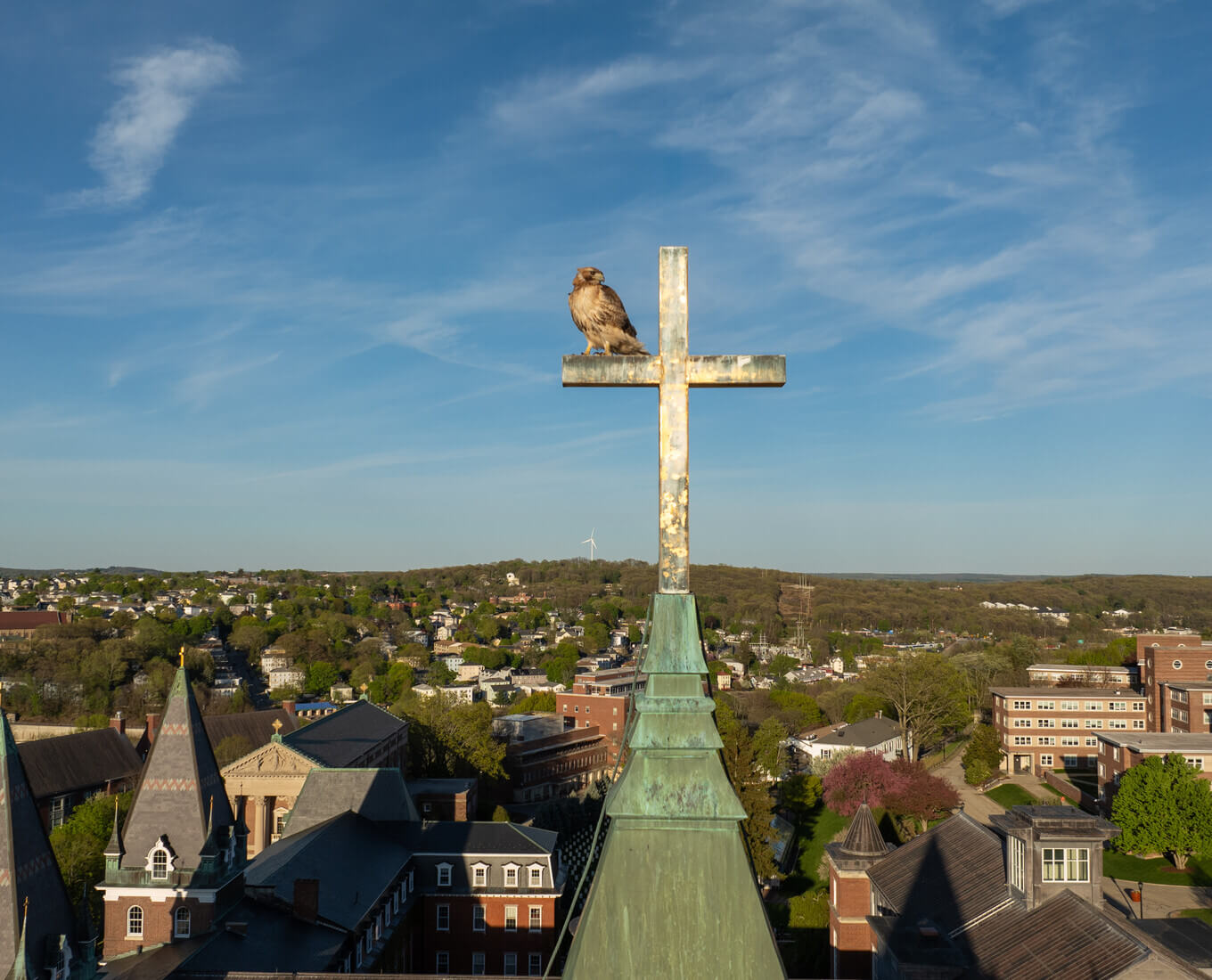WORCESTER, Mass. – Claire Conceison, assistant professor of drama and dance at Tufts University, will give a lecture titled “Revolution, Reform and Faith in the Life of Chinese Actor Ying Ruocheng,” on Tuesday, Oct. 7 at 7:30 p.m. in the Rehm Library at the College of the Holy Cross. The talk, sponsored by the Center for Religion, Ethics and Culture, is free and open to the public.
One of 20th century China's most prominent citizens, Ying grew up in a prince's palace as a member of a progressive Manchu Catholic intellectual family. A beloved Chinese stage and screen actor, theatre director, and translator, he was imprisoned during the Cultural Revolution, and managed to break new ground when he brought Arthur Miller to China to stage Death of a Salesman in 1983.
The talk draws on the autobiographical collaboration between Ying, who died in 2003, and Conceison. It will be published this month as Voices Carry: Behind Bars and Backstage during China's Revolution and Reform (Rowman & Littlefield, 2008).
Conceison received her Ph.D. and M.A. in theatre studies from Cornell University, her A.M., in regional studies (East Asia) from Harvard University and her B.A. in East Asian studies and theatre from Wesleyan University. The author of Significant Other: Staging the American in China (University of Hawaii Press, 2004) she is a specialist in contemporary Chinese theatre, Asian theatre, intercultural performance, Asian-American theatre, and performance studies.
About The Center for Religion, Ethics and Culture:
Established in 2001 and housed in Smith Hall, the Center for Religion, Ethics and Culture provides resources for faculty and course development, sponsors conferences and college-wide teaching events, hosts visiting fellows, and coordinates a number of campus lecture series. Rooted in the College's commitment to invite conversation about basic human questions, the Center welcomes persons of all faiths and seeks to foster dialogue that acknowledges and respects differences, providing a forum for intellectual exchange that is interreligious, interdisciplinary, intercultural, and international in scope. The Center also brings members of the Holy Cross community into conversation with the Greater Worcester community, the academic community, and the wider world to examine the role of faith and inquiry in higher education and in the larger culture.
Professor to Give Talk about Famous Chinese Actor Imprisoned During the Cultural Revolution
Read Time
1 Minute


